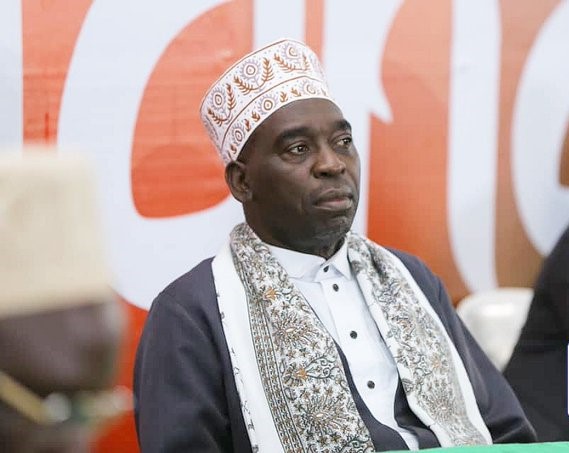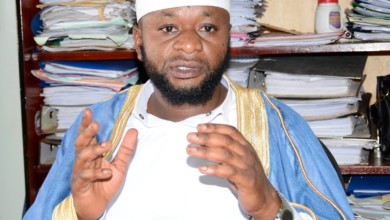Lack of transparency hurts Zakat collections

By Jafar Mugera
The Supreme Mufti, Sheikh Muhammad Shaban Galabuzi, has urged Zakat collectors to maintain utmost transparency and confidentiality in their dealings, warning that a lack of these values can discourage individuals from giving Zakat.
While presiding over the distribution of this year’s Zakat collections at Masjid Rashid Kalerwe near Kampala, Galabuzi said that some of the Zakat givers conceal their wealth for fear of being exposed by the Zakat collectors.
“Some Muslims who are eligible to give Zakat are hesitant to do so, while others underreport their wealth, resulting in inadequate contributions. This is so because they fear that Zakat collectors may disclose their financial information. This is why we emphasize a high degree of transparency and confidentiality,” Galabuzi said.
The absence of a centralized Zakat collection and management system in the country has led to multiple organizations running parallel Zakat collection and distribution drives, potentially confusing donors.
Several notable organizations are involved in Zakat collection, including House of Zakat and Waqf Uganda, Salam Charity, Nabugabo Swadaq Association, Uganda Muslim Supreme Council, Jamuiyyat Da-awah Tabligh As-salafiyyah and Kibuli Mosque among others.
“We set out to do things differently,” Sheikh Galabuzi said. “As Supreme Mufti, I chose to supplement, rather than suffocate, the existing initiatives. Instead, I focused on establishing well-streamlined systems that benefit the Muslim community as a whole.”
This is the third year that Masjid Rashid has been collecting and distributing Zakat, a model that Galabuzi believes should be emulated by all mosques in the country.
“There are not so many mosques in the country which make declarations of their collections. Transparency requires that we provide our congregations with a detailed account of our annual collections and expenditures. This helps to maintain the trust that the community has placed in us,” he said.
He also cautioned Zakat beneficiaries against misuse of the funds, emphasizing that they should not be used to purchase luxuries or finance additional marriages.
“Zakat is intended to lift you out of poverty. Utilise Zakat funds wisely, just like the [Parish Development Model] funds, and work towards self-sufficiency. Do not assume that since Zakat doesn’t require repayment, you can spend it on luxuries or finance another marriage. Our ultimate goal is a future where there are more givers than receivers,” he said.
Items valued at over Shs 54 million were distributed to beneficiaries, including motorcycles for boda boda transport, deep freezers, and sewing machines. To ensure a fair and needs-based selection process, applicants were required to fill out forms, which enabled the mosque’s management committee to conduct a thorough needs assessment and determine the most deserving beneficiaries.






